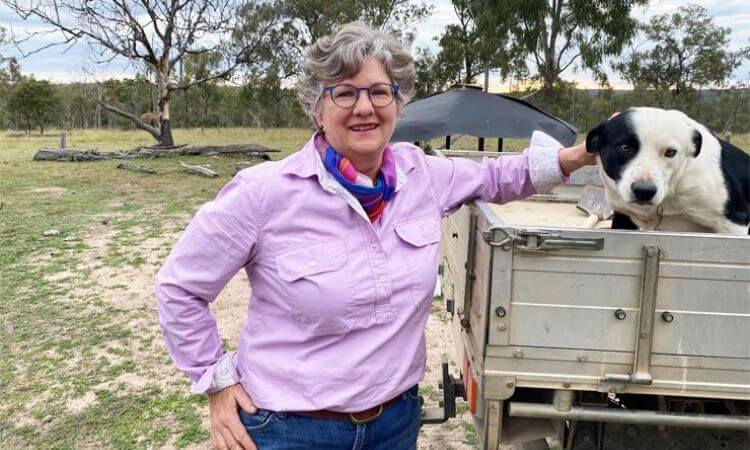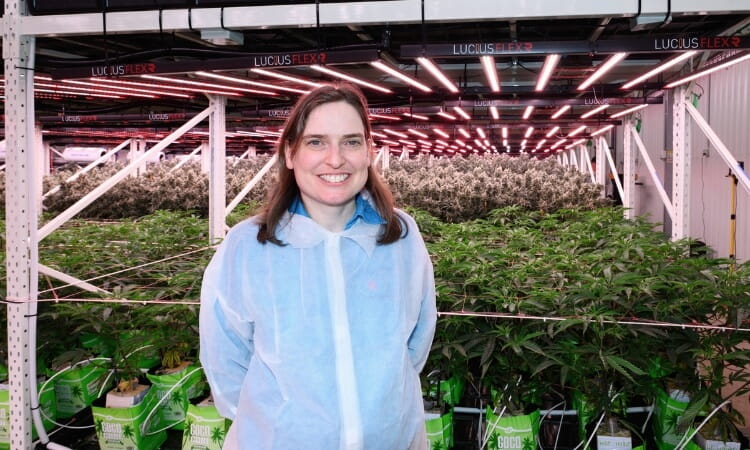Each year, plant pathogens cause millions of dollars in damage to Australia’s barley crops, attacking roots, stems and leaves.
Now a new project, led by the University of Southern Queensland’s Associate Professor Anke Martin, is set to equip Australian barley growers with novel biological and genetic tools to aid in their fight against a fungal disease that has caused $177M in yield losses each year for the Australian barley industry.
The team, made up of scientists from across Australia, has been awarded a $586,728 Australian Research Council (ARC) Linkage Grant plus $320,000 from the industry partner InterGrain Pty Ltd to help in the development of disease resistant barley varieties, which will be used to prevent crop loss and grow the Australian barley industry.
The ARC Linkage program is an Australian Government initiative which unites researchers, industry partners and community groups to help advance the country’s skills and knowledge in various sectors.
Associate Professor Martin will be joined on the project by Dr Simon Ellwood (Curtin University), Associate Professor Alexander Idnurm (The University of Melbourne), Dr Aanandini Ganesalingam and Mr David Moody (InterGrain Pty Ltd), Dr Johanna Snyman (Department of Agriculture and Fisheries), and Mrs Susanna Boxberger (Ackermann Saatzucht GmbH and Co).
Drawing on her expertise in fungal genetics, Associate Professor Martin is aiming to produce poly-virulent fungal strains containing multiple disease-causing genes.
“These poly-virulent strains will drastically reduce the costs involved in testing barley germplasm for resistance as the number of assays needed are reduced,” Associate Professor Martin said.
“Also, germplasm screened and selected will have resistance to multiple strains of the fungus, with an increased likelihood of selecting broad-spectrum and durable resistance genes.
“This will reduce the possibility of newly commercialised varieties becoming susceptible within a short time after release.”
The creation of poly-virulent fungal strain is only one part of the project. The team will also study international barley germplasm for potential resistance genes which could be incorporated into Australian barley varieties and will investigate the use of CRISPR gene editing techniques to identify virulence genes in the fungus.
Associate Professor Martin said improving the resistance of barley crops would have wide reaching benefits.
“We are hoping that by the end of the project, the breeders working with us will release a barley variety which has durable resistance,” she said.
“Durable resistance will provide breeders with a significant long-term advantage, reducing pathogen impact and the need for chemical inputs, improving yield and profitability for the grower and enhancing food security.
“Reduced use of chemicals will lead to a safer work environment for the grower and the nation as a whole.”
The applied outcomes of this research will be valuable new knowledge and biological and genetic resources to guide the Australian barley breeding community such that they will be able to provide long term protection of this important Australian crop from disease losses.
The groundwork for this new project was developed with support from the Broad Acre Cropping Initiative - a partnership between the Queensland Government Department of Agriculture and Fisheries and the University of Southern Queensland.
Read more about the University of Southern Queensland’s Centre for Crop Health.



